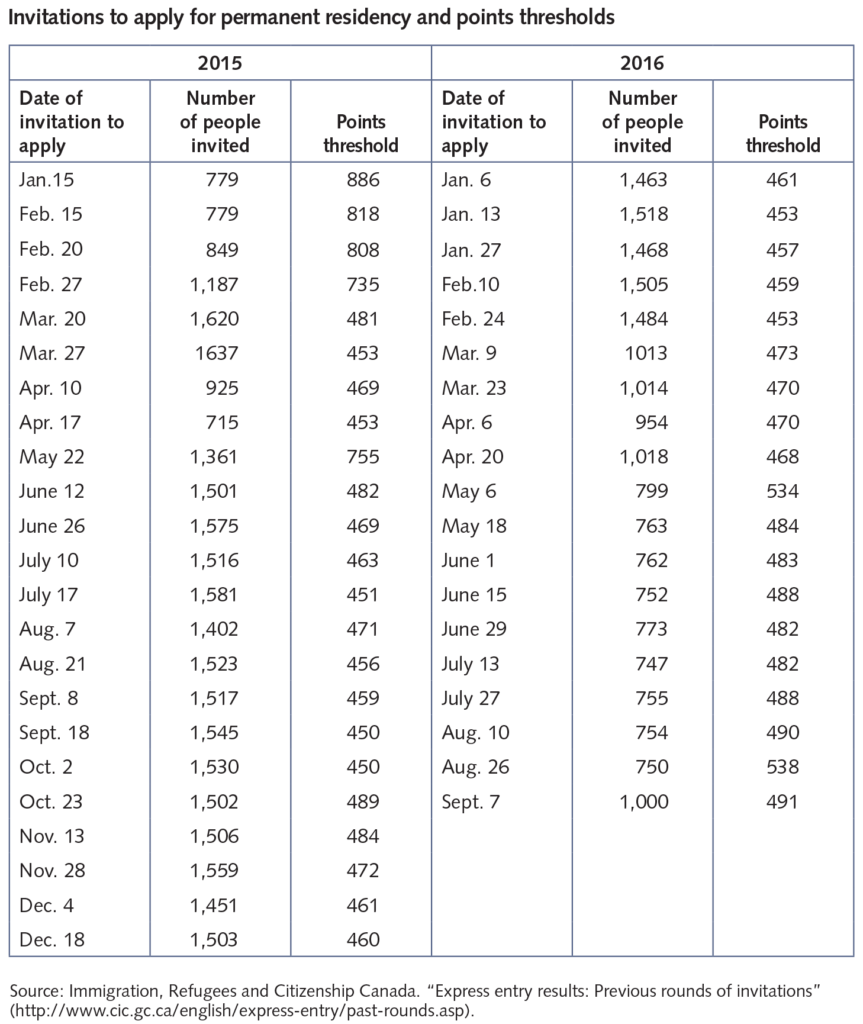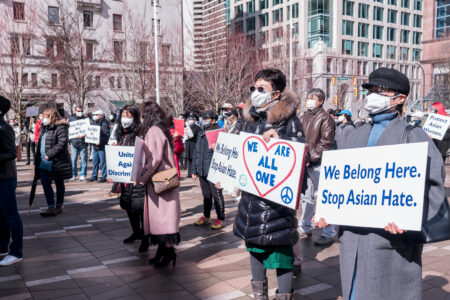
John McCallum, Canada’s Minister of Immigration, Refugees and Citizenship Canada (IRCC), has spent much of the summer conducting a speaking tour about upcoming changes to Canada’s immigration system. He has focused specifically on how he wants to welcome more international students to Canada as permanent residents.
This will be a welcome development, because so far McCallum’s tenure as immigration minister has been a disaster for international students who graduate and see their postgraduate work permits expire. When McCallum cut the numbers of economic immigrants Canada would accept back in March, it had the ripple effect of putting permanent residency out of reach for most international graduates. This is ironic, considering McCallum has described international students as being “a very fertile recruiting stream for us,” noting that “They’re young, educated, they speak English or French [and] they know something about our country.”
McCallum has promised he will address the problem in the fall, although the details are vague. Given that the minister recognizes the current situation is untenable, it is incomprehensible why he has not introduced temporary measures to alleviate the frustration and dashed dreams many international graduates living in Canada are experiencing, if they have not already had to return home. McCallum’s decision not to introduce temporary measures is especially galling as they could have been simple and easy to implement.
The Express Entry program
In 2015, the Conservative government introduced Express Entry, an application intake management system that reduces the number of people who could apply for permanent residency to Canada by making the process competitive. Under the system, prospective immigrants to Canada can no longer simply apply to the economic immigration programs for which they qualify. Rather, individuals who wish to apply for Canadian permanent residency have to enter a pool of potential applicants.
Applicants in this Express Entry pool are evaluated according to the Comprehensive Ranking System, which uses an algorithm that factors in age, language ability, education, experience, and whether they have qualifying job offers. Applicants are then assigned a number of points. Because the system is linked to the overall number of economic immigrants the government plans to take in, the minimum points threshold is constantly shifting. The required number of points goes down when the government is prepared to take in more people. About once every two weeks, IRCC announces the new threshold to apply for permanent residency.
When it was first introduced, Express Entry disadvantaged recent international students, especially those who had graduated from undergraduate programs, because they don’t score as well on work experience and education and don’t always have a job offer in hand. Such international graduates typically scored between 350-450 points in the Express Entry pool. Throughout 2015, the points threshold to apply for permanent residency did not drop below 451.
The reduction in immigration levels
Hopes were raised that this would change in 2016. The department had been dealing in 2015 with a big backlog of economic immigration files that predated Express Entry. With the backlog behind it, IRCC would theoretically have been able to increase the overall intake of economic immigrants and lower the points threshold to something within reach for international graduates. Instead, McCallum announced that Canada would accept between 54,000-58,400 immigrants in 2016 in its federal economic immigration programs, a significant decrease from the 68,000-74,000 economic immigrants targeted for 2015.
The consequence of McCallum’s reduction in economic immigration levels was immediately apparent in Express Entry. As the figure below shows, the number of foreign nationals who were issued invitations to apply fell sharply after McCallum’s announcement, and the number of points required has remained out of reach for most international graduates.
Although it is impossible to know whether IRCC’s predictions that the points threshold in 2016 would fall to 350 would have come true, desperate international graduates can only wonder what it would have been had McCallum not cut economic immigration levels.
The temporary measures that could have been
McCallum faced difficult decisions in balancing the levels of Canada’s various immigration programs, which include immigrant investors, family sponsorship, and refugees. This was especially hard because of his determined and laudable effort to resettle a large number of Syrian refugees this year. But the minister could have immediately implemented temporary measures to help international graduates who are suffering under the current situation, which he recognizes is dysfunctional.
The solution would have been, and still is, simple. McCallum can issue a Program Delivery Update through the IRCC website, allowing graduates who hold Canadian work permits and who are in the Express Entry pool to obtain bridging work permits. This would bridge the gap between the expiry of their current status and the changes the minister plans to bring in. What would be the downside to offering such relief to international graduates?
Most international graduates who studied here understand that Canada needs to set its immigration targets and manage its permanent residence intake as the government best sees fit. What I have observed, however, is that international graduates are becoming extremely exasperated with a government that is promising sunny ways and relief for them, just not right now.
Photo: Projektnow / Shutterstock.com
Do you have something to say about the article you just read? Be part of the Policy Options discussion, and send in your own submission. Here is a link on how to do it. | Souhaitez-vous réagir à cet article ? Joignez-vous aux débats d’Options politiques et soumettez-nous votre texte en suivant ces directives.








